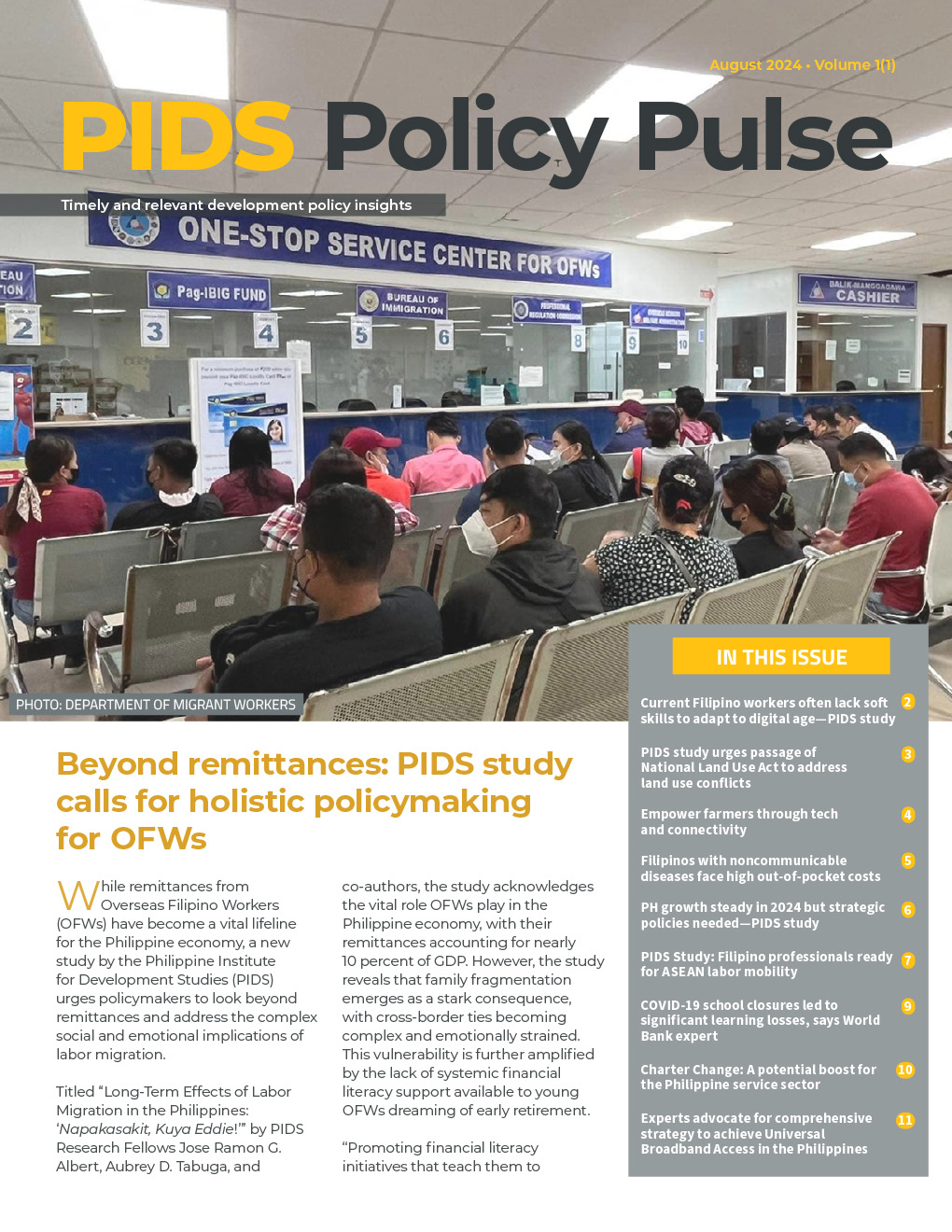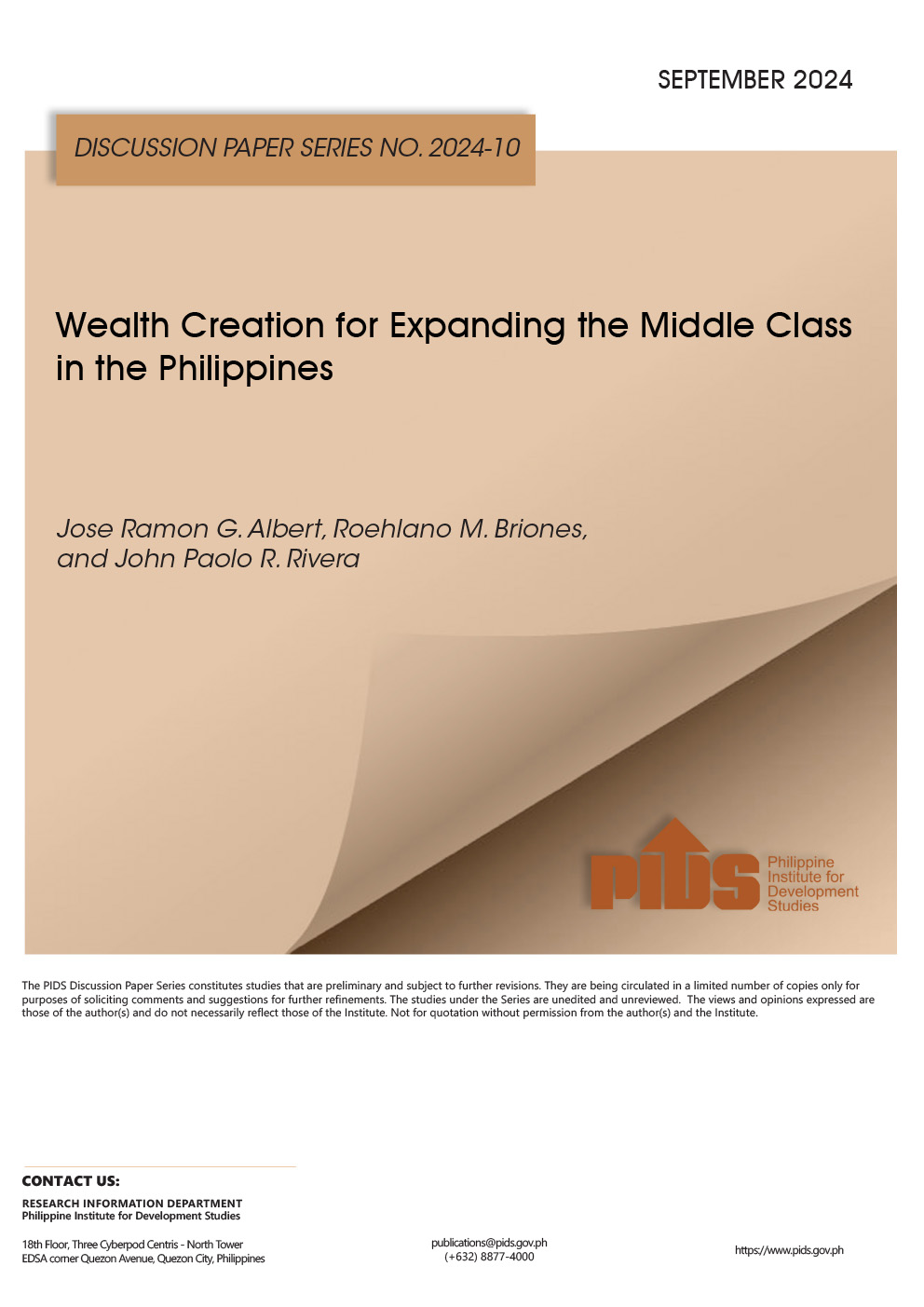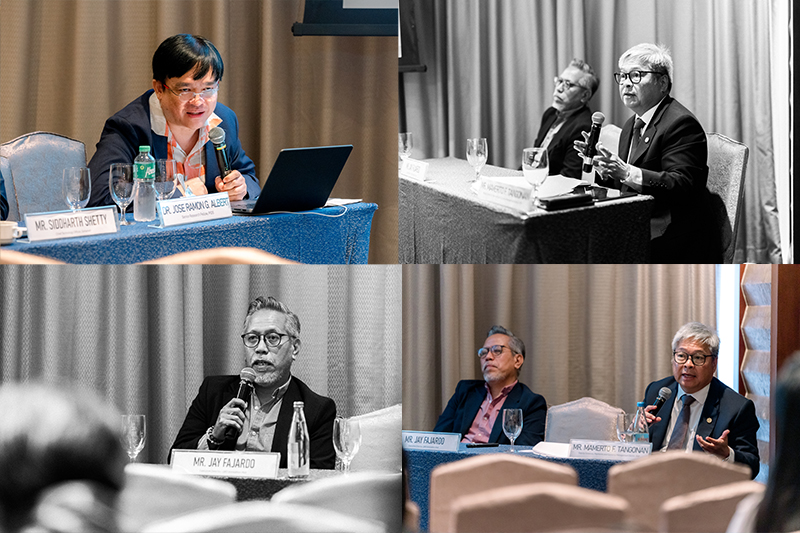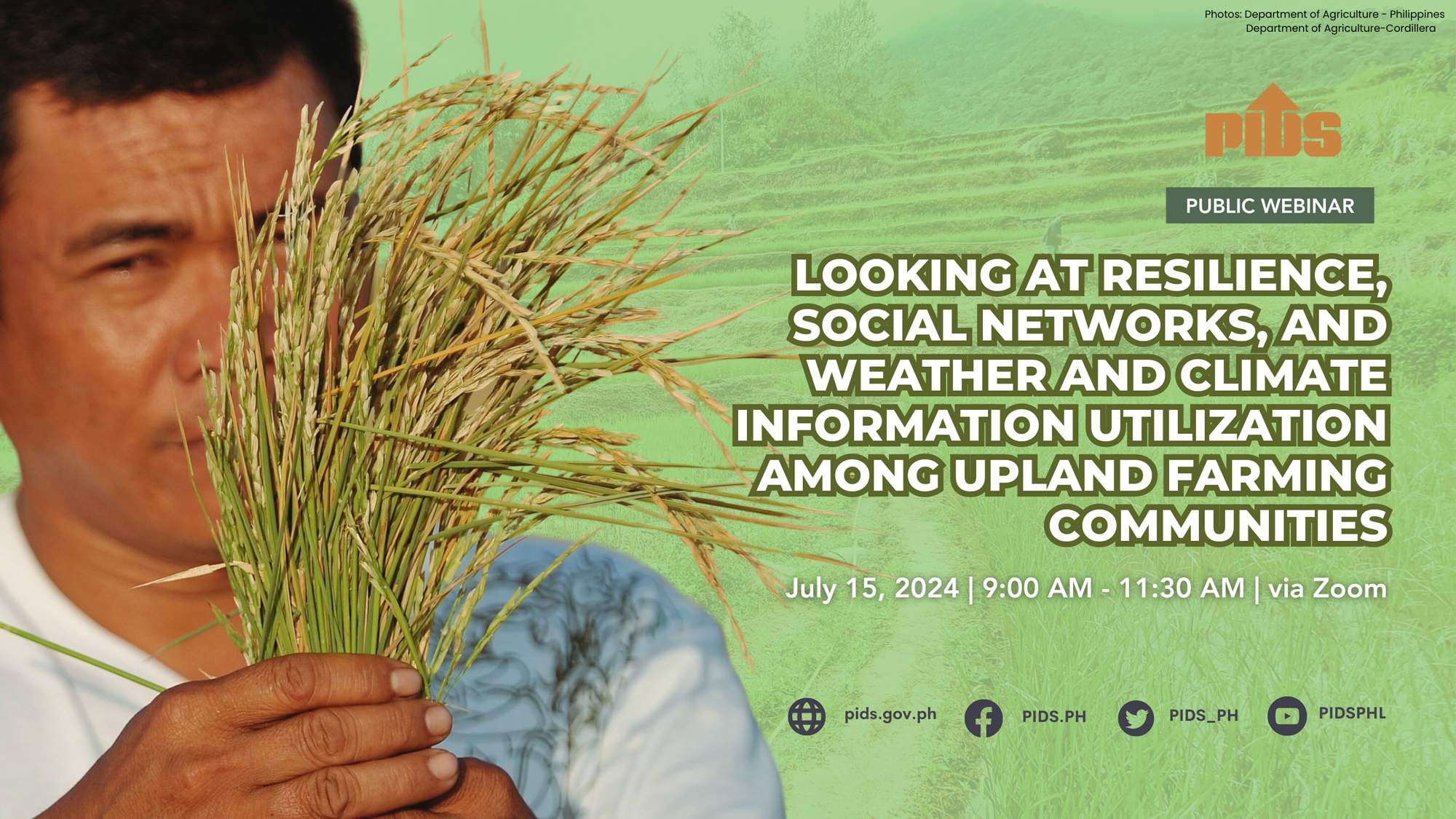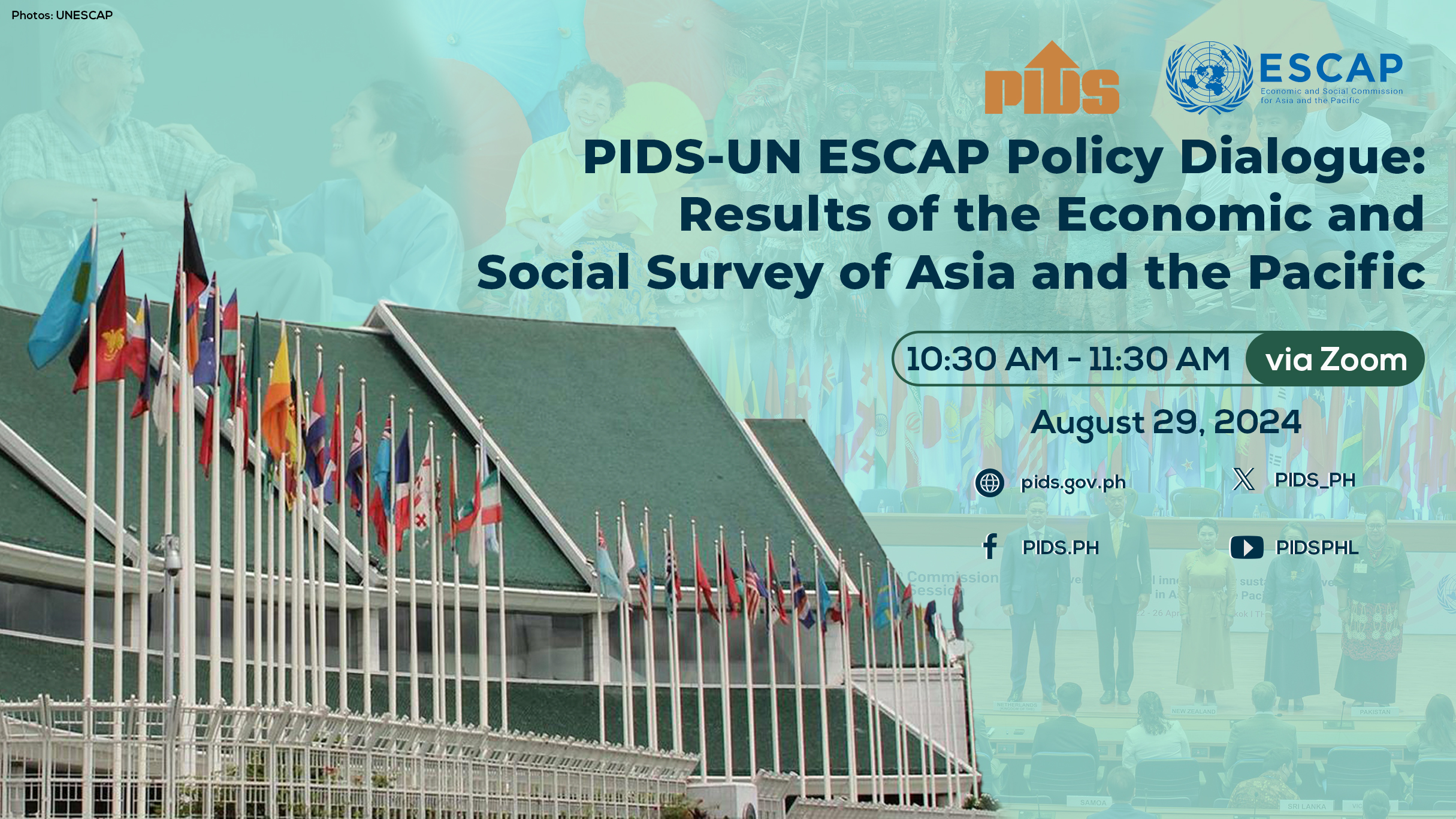MANILA, Philippines — The government must step up efforts to include more Filipino migrant workers in social protection schemes after the pandemic showed how many foreign workers have been left vulnerable.
In a webinar hosted by the public think tank Philippine Institute for Development Studies (PIDS), the Center for Migrant Advocacy-Philippines said Overseas Filipino Workers (OFW) should have access to social protection even in their country. destination.
CMA Executive Director Ellene Sana said there are many exclusions in terms of access to social protection for OFWs, especially in destination countries.
To address this issue, Sana stressed that the government should proactively negotiate social protection measures that include migrant domestic workers in bilateral labor agreements.
“There should be proactive monitoring of private recruitment agencies and employers to ensure they comply with social protection provisions in employment contracts,” Sana said.
“Social protection is meant to be a program of solidarity between social partners, employers, workers and our government as regulator,” she said.
While the Philippine government has programs under the social security system, Philippine Health Insurance Corp. and Pag-IBIG, among others, not all OFWs are eligible.
Worse still, a large proportion of OFWs do not have social protection in the countries in which they work.
The most common benefits received by OFWs are those that address immediate on-site needs rather than those that are seen as safety nets that allow them to smooth consumption during shocks.
Basic benefits such as health insurance, overtime pay, paid sick leave and workers’ compensation are less common and such a situation puts a significant proportion of Filipinos
migrant workers as potentially vulnerable because they lack access to social protection.
Sana argued that such a problem became more evident at the start of the pandemic, with stranded Filipino migrant workers being excluded from assistance in the countries where they work.
She said one of the reasons is that the majority of OFWs are not recognized as regular workers and there is an existing perception that they find it hard to come to terms with their contributions.
“The goal is for the state to establish regulations, so that there is not just one party paying the contribution. The very idea of social security is the contribution of solidarity from both workers and employers,” Sana said.

